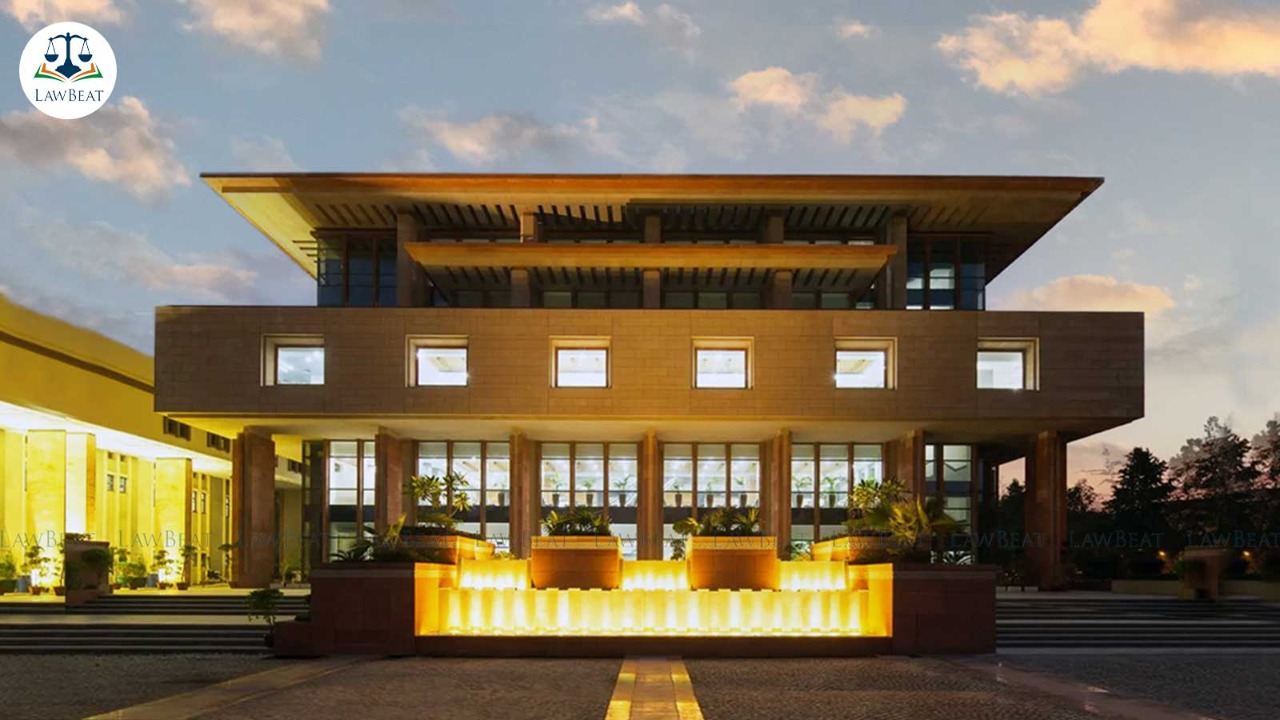Regular And Consistent Practice By Authority Raises ‘Legitimate Expectations’ In Normal Course Of Events: Delhi HC

The bench noted that such expectations could also arise if any representation or promise is made by the authority either implicitly or explicitly
The Delhi High Court recently determined that an individual has the right to 'legitimate expectations' when the consistent practice of authority allows for such expectations to arise in the normal course of events. The case stemmed from petitions filed by five Railway Protection Force (RPF) officers who had approached the court to challenge orders that had altered their seniority. The court observed that the government had issued these orders ‘belatedly after the lapse of a considerable period of time’.
The bench of Justice V. Kameswar Rao and Justice Saurabh Banerjee held, “An individual can be said to have a “legitimate expectation” if any representation or promise is made by an authority either expressly or implicitly, or if the regular and consistent past practice of the authority gives room for such an expectation in the normal course of events”.
The petitioners were promoted as Inspectors when a combined seniority list was released in March 2006. The original list included the names of the petitions among others, who were promoted to the rank of Assistant Security Commissioners (ASC). In April 2014, another seniority list was issued for officers serving as Inspectors or ad-hoc ASC. However, in this second list, the petitioners' names were placed with incorrect serial numbers.
Subsequently, in November 2022, the Railway Board issued a letter to determine seniority according to rule 99.2 of the Railway Protection Force Rules, 1987 (RPF Rules).
The petitioners, represented by Advocate on Record Siddharth Batra, argued that their seniority should be determined based on the 'All India Basis' under rule 99.2A. Advocate Batra claimed that rule 99.2 establishes separate seniority lists for personnel below the rank of Inspector. He further argued that the letter from the Railway Board is discriminatory because it goes against the established principles of the Board.
However, Standing Counsel Vineet Dhanda, representing the Union, argued that the transfers of the petitioners took place between 2006 and 2014 when rule 99.2 was in effect, and therefore their seniority was determined accordingly. He also stated that since the petitioners themselves requested transfers, they were rightly placed at the end of the seniority list. Additionally, Standing Counsel Dhanda pointed out that if the petitioners' requests were granted, it would affect the seniority of 40 more candidates.
The court noted the main issue for consideration: Whether the seniority of the petitioners in the seniority list can be disturbed by the respondents at this belated stage when a lot of time has already elapsed and that too after they were given due promotions by the respondents on their own accord?
The court acknowledged that the government had neither contested the performance of the petitioners nor made any complaints or accusations against them. Additionally, it was noted that the government had not objected to the promotions of the petitioners or taken any action against them following their promotions. The bench stressed that the petitioners should not be forced to start afresh. The bench noted that the government was delayed in retracting the original seniority list of March 2006.
“Furthermore, even though the redrawing of the seniority list might be a welcome step from the respondents, however, the said action of the respondents cannot be allowed to operate in as much as it is at the cost of the petitioners who have been previously given the benefit of appropriate seniority by the very same respondents”, the bench added.
The court stressed that the union was transferring officers without affecting their seniority, and implementing the impugned orders would cause significant prejudice by disrupting the established seniority list. The bench highlighted that the petitioners had a legitimate expectation based on the past actions of the government, and allowing the impugned orders to stand would violate this expectation.
Moreover, the court criticized the government for the significant delay in issuing the impugned orders and for failing to provide a satisfactory explanation for the delay. It deemed the orders to be issued belatedly and emphasized that attempting to retroactively alter the petitioners' seniority was not permissible under established law.
“In fact, by virtue of the two impugned actions/orders, today the respondents are trying to wrongly give retrospective seniority to the other similarly situated personnel like the petitioners herein by putting them ahead of such petitioners in the already existing seniority list as on date, which, as per the settled position of law, is not permissible”, the bench stated.
Therefore, the court held that the impugned orders, which sought to change the seniority of the petitioners, should not be upheld.
Advocate for petitioners: Advocates Siddharth Batra, Archana Yadav, Shivani Chawla, Chinmay Dubey, Rhythm Katyal, and Pratyush Arora.
Advocate for Union: Standing Counsel Vineet Dhanda with Advocates Gurleen Kaur, Archit
Aggarwal, Subesh Kumar Sahoo, and Anushka Jakhodia.
Case Title: Agni Deo Prasad And Ors v Union Of India And Ors (2024:DHC:3023-DB)
